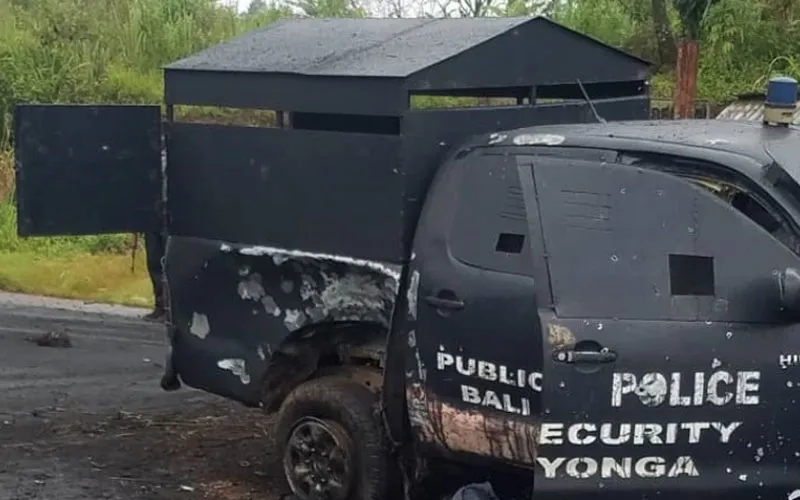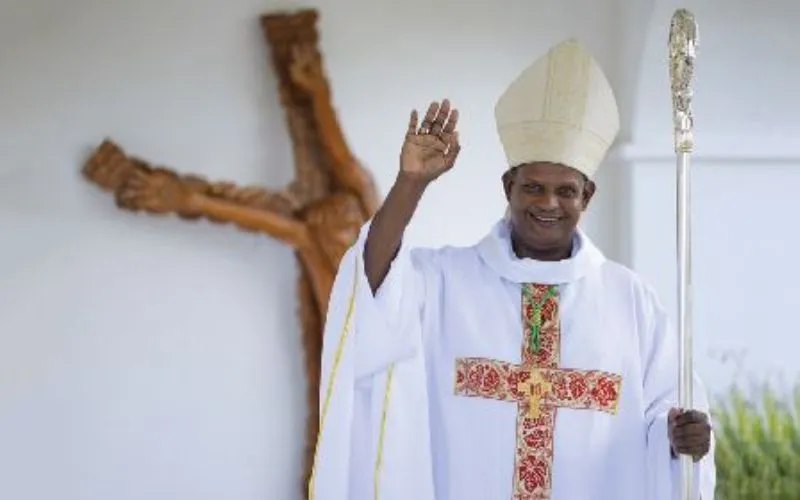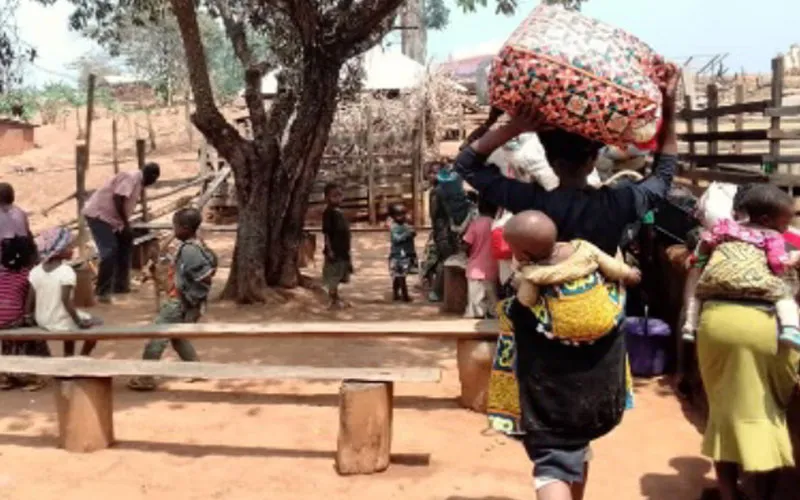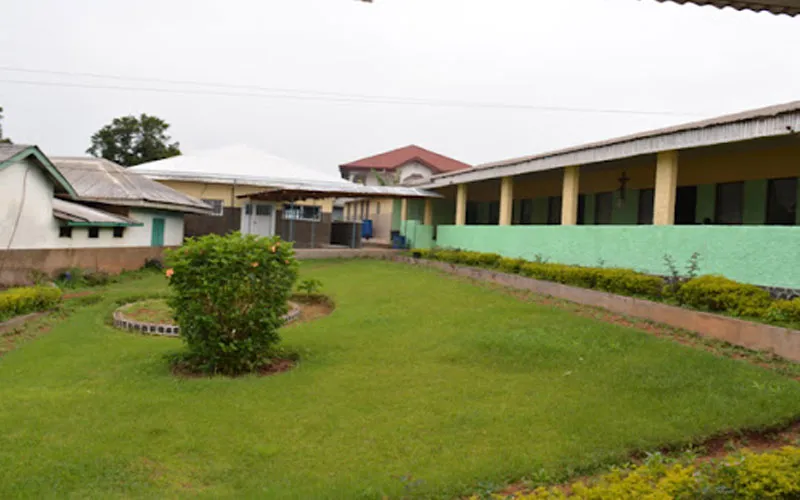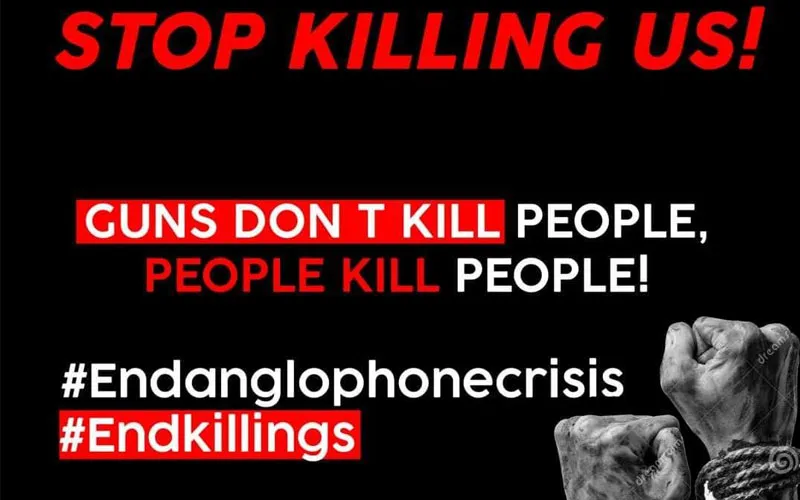Bamenda, 22 August, 2021 / 3:00 pm (ACI Africa).
The peace entity of Catholic Bishops in Southern Africa, Denis Hurley Peace Institute (DHPI), has condemned the ban on commercial motorbikes by Cameroonian forces in the Northwestern region of the country, saying that the ban has aggravated the suffering of civilians who are already caught up in the violence in the region.
DHPI reports that separatist fighters belonging to the Ambazonia Restoration Forces (ARFs) in the region have responded to the July 20 ban in Bali Nyonga, a town in the North West Region of the country by equally prohibiting movement of commercial and private vehicles on the major state road linking Bamenda, the capital of Cameroon’s North West region (through Bali), and Ekok in Nigeria.
In a report shared with ACI Africa on Wednesday, August 18, officials of the peace entity of the Southern African Catholic Bishops’ Conference (SACBC) say that the ban by the opposing forces in Northern Cameroon is adding “salt to injury” among the people.
“The ban on motorbikes by the government and the corresponding ban of vehicles by the separatist fighters has already negatively impacted the people so far and now the invasion by the military just comes to add salt to injury,” DHPI leadership says, and goes on to detail the chain of military engagement with the ARFs in the region.
According to the peace entity that is monitoring the five-year conflict in the Central African country, the July 20 ban prohibited the circulation of commercial motor bikes in Bali Nyonga for a period of three renewable months.



